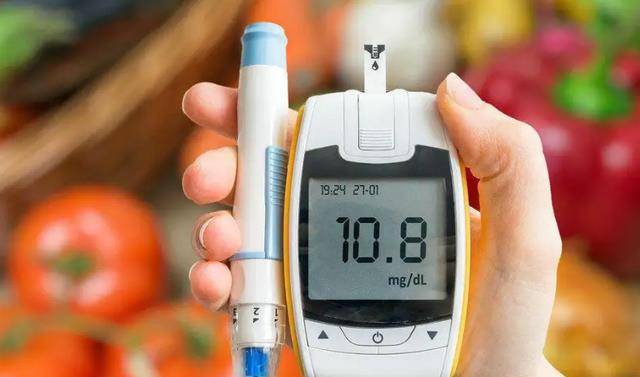The incidence of diseases in the three high categories continues to rise every year, causing serious harm to the health and life of the human body.
Therefore, many middle-aged and elderly people pay great attention to their blood pressure, blood lipids, and blood sugar. When one of these is found to be high, they immediately seek medical help.
The high incidence of diabetes is closely related to daily diet. If diagnosed with high blood sugar, it can only be controlled by lifelong medication to help maintain blood sugar at a stable level and ensure bodily health.
Due to the metabolic diseases and complications caused by diabetes, it is one of the most difficult diseases to cure nowadays. Therefore, once diabetes is diagnosed, doctors will provide patients with a reasonable dosage based on blood sugar levels and advise on dietary precautions, such as avoiding high-fat, high-sugar foods to prevent blood sugar spikes that can affect health.
1. Sedentary lifestyle
Today, many people work in offices sitting all day long, which can lead to an increase in insulin levels and raise the risk of chronic vascular diseases due to prolonged inactivity.
When insulin levels are too high, the intended effects are not achieved, causing blood sugar to remain high, leading to abnormal insulin secretion promoting elevated blood sugar levels. To maintain stable blood sugar levels, it is essential to avoid prolonged sedentary habits.
2. Chronic late nights and insomnia
Frequent late nights and insomnia increase the risk of developing diabetes. The body should be resting during sleep, but when it is awake due to stress, blood sugar levels can become abnormal.
Furthermore, if you stay up late one night, the blood sugar level the next day will be affected, causing an increase, so it’s essential to avoid staying up late.
3. Unhealthy dietary habits
Unhealthy dietary habits, such as overeating, consuming high-fat, high-calorie, and high-sugar foods, can accelerate blood sugar spikes and lead to obesity. Additionally, it may lead to insulin resistance, affecting blood sugar levels. Therefore, cultivating healthy eating habits in daily life is crucial. Chewing food slowly aids digestion and stabilizes blood sugar levels.
4. Emotional instability
Today, people experience high levels of stress, which can lead to emotional outbursts. If not managed timely, built-up stress can affect insulin secretion and suppression in the body. Therefore, when under significant stress or experiencing emotional distress, it’s important to find healthy ways to alleviate negative emotions.
Eggs are not only nutritious but also one of the most common ingredients on the table. Consuming an egg daily can be beneficial for overall health. Can individuals with high blood sugar eat eggs?
Eggs contain high-quality protein that provides essential nutrients to the body for strength and health. Individuals with high blood sugar can consume eggs, but the intake should be moderated.
As eggs contain various fats and substances, excessive consumption can disrupt lipid metabolism and affect normal bodily functions.
To ensure stable blood sugar levels, besides controlling egg intake, dietary habits should avoid four types of foods identified by internal medicine physicians as unfavorable for diabetes patients.
1. Animal organs
Animal organs are rich in cholesterol, and excessive intake can elevate blood sugar levels, adversely affecting health. Diabetes patients should primarily consume light meals to prevent fat accumulation and associated risks of obesity and three high diseases.
2. High-fat foods
Diabetes patients should also steer clear of high-fat foods and maintain a light diet with controlled calorie intake for better blood sugar stabilization.
3. Pickled foods
Pickled foods are high in salt, and excessive salt intake can introduce large amounts of nitrites and sodium ions into the body, stimulating blood sugar levels, which, if severe, can lead to cancer.
4. High-sugar foods
For individuals with high blood sugar, it’s essential to monitor the intake of high-sugar foods.
Frequent consumption of high-sugar foods can lead to obesity and blood clotting, exacerbating cardiovascular diseases. Diabetes patients must avoid high-sugar foods.
For diabetes patients, focusing on diet and cultivating the habit of daily blood sugar monitoring is vital. This practice allows for a direct observation of blood sugar changes. In case of high blood sugar, timely understanding can be obtained. #SummerHealthGuide#


